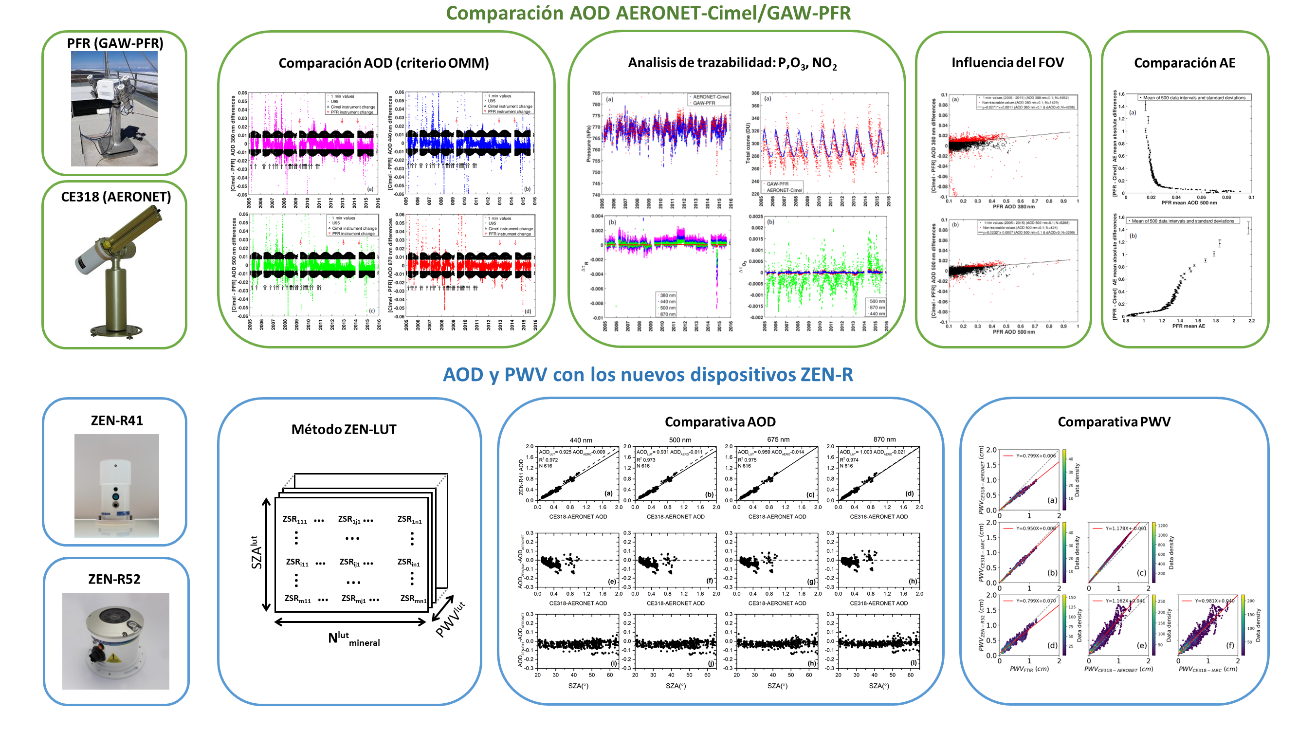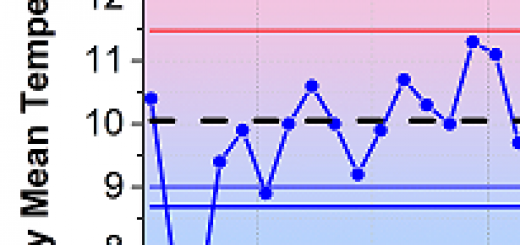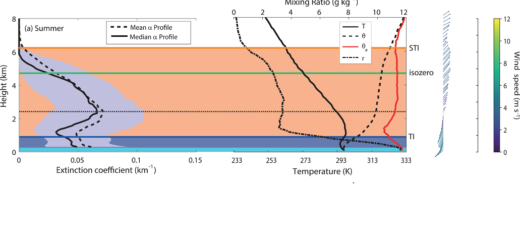PhD dissertation defense IARC-UVa
Click here for the Spanish version
On July 14, 2021, Antonio Fernando Almansa Rodríguez defended his Doctoral Thesis entitled “Development and evaluation of radiometric techniques for observing aerosols and water vapour in the atmosphere from terrestrial platforms” carried out in the PhD Program in Physics at the University of Valladolid, obtaining the highest qualification with a “cum laude” mention. This Thesis was carried out under the modality of compendium of publications and was directed by doctors Emilio Cuevas Agulló, from the Izaña Atmospheric Research Center (IARC, AEMET), Benjamín Torres Rodríguez, from the Laboratoire d’Optique atmospherique (Université de Lille – CNRS), and Ángel de Frutos Baraja, from the Atmospheric Optics Group of the University of Valladolid.
The main objective of this Doctoral Thesis is to develop tools that allow increasing the observational capacity of aerosols and water vapor in the atmosphere to contribute to the improvement of the spatio-temporal representation of these atmospheric components in remote desert regions.

Fig. 1: Graphical abstract of the Doctoral Thesis.
Terrestrial radiometric networks carry out continuous monitoring of atmospheric aerosols and water vapour, providing key information for climate studies. These networks are based on photometers that provide very precise data with a high temporal resolution, but their high sophistication and need for maintenance prevent them from being extended in remote areas, such as the main desert areas of the planet. This work contributes to the expansion of these networks, in two ways: 1) on the one hand, establishing synergies between the two most important photometric networks at a global level: Aerosol Robotic Network-Cimel (AERONET-Cimel) and Global Atmosphere Watch-Precision Filter Radiometer (GAW-PFR); and 2) developing two instrumental devices (the ZEN-R radiometers), characterized by their simplicity and robustness due to the lack of moving parts, which will allow the expansion of these networks to remote areas. Both works have been developed at the Izaña Atmospheric Observatory within the framework of the World Meteorological Organization (WMO) Testbed for aerosols and water vapour. The feasibility of the ZEN-R system has been demonstrated as a remote sensing tool for aerosols and water vapour that is accurate enough to be used in networks deployed in remote areas and sparsely covered by current terrestrial remote sensing networks.



